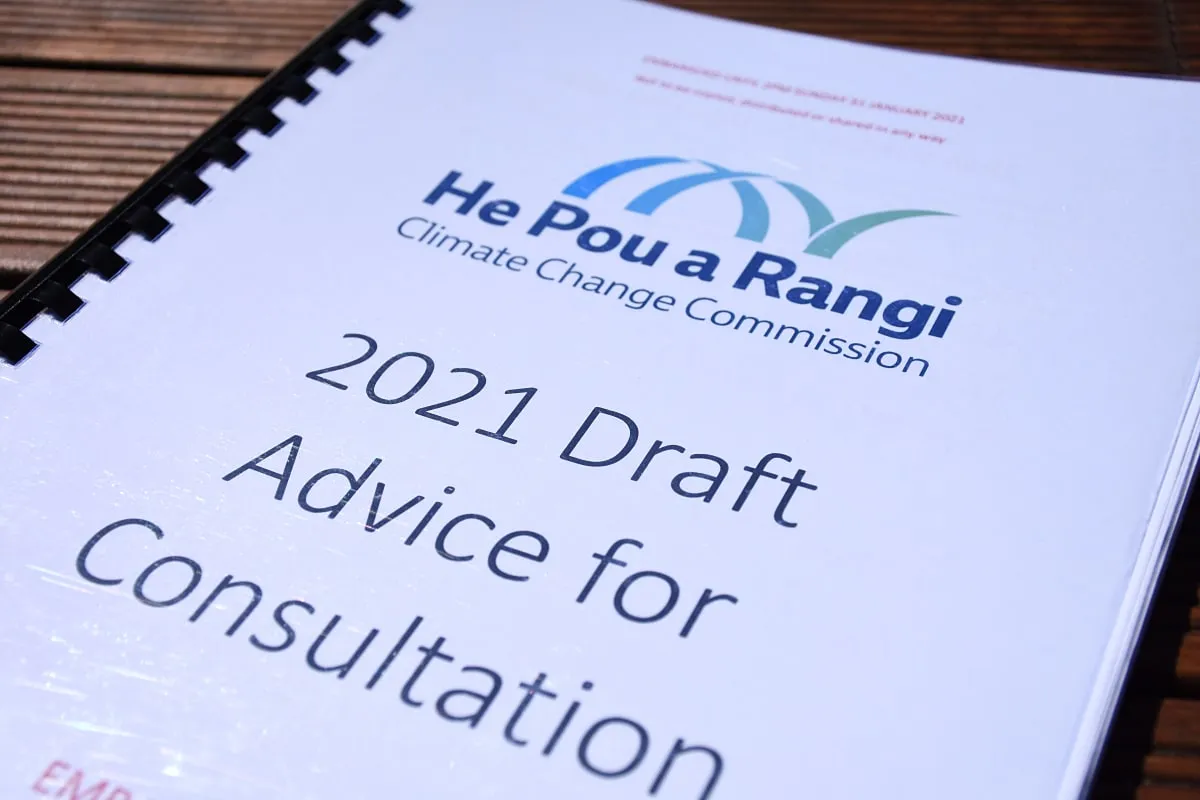Table of Contents
ACT Party
ACT’s Climate Change Spokesperson Simon Court
“The Climate Change Commission’s proposals for reducing our emissions will give massive power to government, hit Kiwis with higher costs, but fail to achieve its goal,” says ACT’s Climate Change Spokesperson Simon Court in ACT’s submission on the Commission’s advice to the Government.
“Since every political party except ACT supported the Zero Carbon Act, the Commission has demanded industries be shut down, herds culled, and technologies banned.
“The proposals would see the Government take more control over how we live than at any time since the Muldoon era, but won’t stop one gram of emissions.
“Why? There’s already a cap on emissions in New Zealand. Every time a ban or a subsidy reduces emissions, it simply frees credits up for someone else to emit.
“There’s a better way. If the Government was interested in lowering emissions, it would allow the Emissions Trading Scheme to work. The ETS sets a cap on emissions and allows the price of credits to be set by the market. If New Zealanders want to go to a restaurant that cooks with gas, it might cost more, but at least they’ll be free to choose.
“But most of the Government’s policies have nothing to do with reducing emissions – they’re about control. Every other political party voted for an enormous transfer of power from New Zealanders to the government through the Zero Carbon Act.
“The Commission’s central plan of ‘transformational and fundamental change to the country’s economy and society’ could be disastrous if we end up using the wrong tools.
“ACT supports the goal of reducing our emissions, but the ETS – and not ad hoc bans, regulation, taxes and subsidies – is the most cost-effective tool for achieving for that goal.
“The Commission’s proposals for the government to directly intervene in each sector of the economy would not reduce emissions any more than the ETS is already designed to achieve, and can only be implemented at great cost to communities.
“New Zealand must play its part on climate change. But any response must be simple, durable, and effective. If we’re forced to make significantly deeper emissions cuts than our trading partners, and if we set more aggressive targets than other countries, we will impoverish ourselves and push economic activity and emissions to other countries.”
Please share this BFD article so others can discover The BFD.









